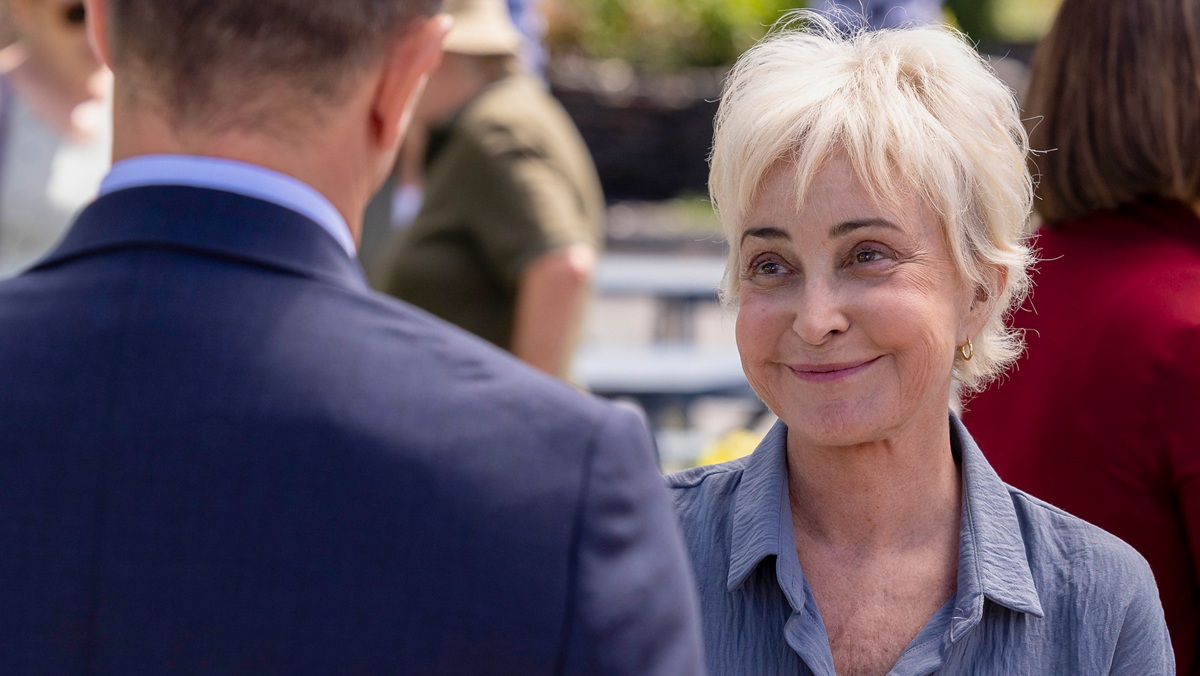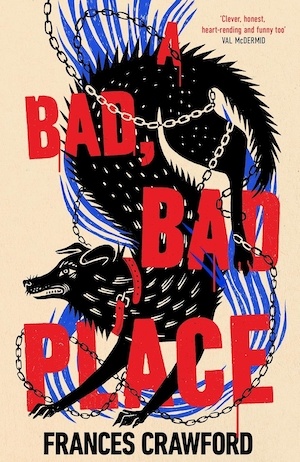On Oct. 24 my brother and I went to the United Nations to watch an emergency Security Council meeting in response to the war in Israel and Gaza. As the Israeli minister of foreign affairs listed the names and held up photos of some of the Israeli children who were taken hostage by Hamas, a white woman in her 30s stood up near us in the gallery to protest. She held up a handmade “Free Palestine” sign.
The disruption should have been jarring, but by this point in the war, I am accustomed to this response from those I once regarded as my liberal peers. I’ve seen too often the hijacking of the cause of Palestinian liberation to stand against the lives of Israeli children who have been in captivity for four weeks. Three of them are my little cousins.
On Oct. 7 I spent the day waiting for news from my family in Israel. My cousin Sharon Cunio; her husband, David; their 3-year-old twins, Emma and Yuli; my cousin Danielle Alony; and her 5-year-old daughter, Amelia, were hiding together in their bomb shelter while Hamas went on a murderous rampage through their kibbutz. The last contact my family has had from them is a WhatsApp message simply saying, “Help, we’re dying.” By evening, my aunt had confirmed our fears: My six relatives were missing from Kibbutz Nir Oz, a community in the south of Israel about three miles from Gaza now known as a scene of brutality and destruction.
An hour after discovering they were missing, I spotted some of my family on a TikTok video. They were being carted away, surrounded by machine-gun-carrying terrorists shouting “Allahu akbar.” The pain I experienced in that moment and in so many after has been so sharp, it follows my every breath. I wake up each morning only to remember again my family is being held hostage by terrorists.
Recently, my brother and I hung “kidnapped” posters of our family around Williamsburg in Brooklyn, a famously liberal community I’ve been part of for over a decade. Within a day, almost all of them had been ripped down. Some were replaced with posters reading, “Honor the martyr.” The behavior feels so senseless, even hateful, but it is not these overt acts that make me feel isolated.
Instead I feel loneliest when I scroll through Instagram and see friends and acquaintances, Jews and non-Jews alike, reposting a protest image calling for a cease-fire from Jewish Voice for Peace in between their fall foliage photos. These are the same people who watch my stories but who have not once shared the faces of my 3-year-old cousins or demanded the release of the hostages, despite my increasingly desperate cries for help and humanity. The silence is suffocating. What I wouldn’t give to not know this pain, to have a different truth from the one I am carrying.
All around me I have witnessed a silence so enormous, it feels cacophonous; I have seen former co-workers be so quick to share unverified headlines fed by Hamas yet say only a few private words of sympathy to me. It would appear they believe my suffering to be collateral damage in service of some universal truth they hold higher. Is it really impossible to hold these two truths at the same time — that both Israeli and Palestinian civilians are suffering at great cost? Or are they simply unwilling to express that publicly? I’m not sure which is worse.
I have felt lost watching progressive friends, women’s rights activists, influencers and celebrities I admire stumble to find the words to condemn the atrocities committed by Hamas against Israeli civilians, among them six of the human beings I love most in the world. Even as I sit here thinking of my family and some 240 other Israeli hostages, I scroll through my news feed and cry for the innocent Palestinian children and lives lost in Gaza. I look at the face of Mohammed Abujayyab, a man in Los Angeles who was trying to save his grandmother in Gaza, and I see my own pain reflected in his expression.
Again and again I hear that Israel is a country of white colonizers and oppressors. So some of my bewilderment is in my very skin. My maternal grandparents, Avraham and Sara, grew up in a tiny rural village in central Yemen. Like other Jews in the Arabian Peninsula, Yemenite Jews were persecuted as second-class citizens through what are known as dhimmi laws — the denigration of non-Muslims before the law. In 1949, after pogroms against Jews in Yemen, my grandparents set out by foot and donkey on an arduous journey to the capital, Sana. From there, they were airlifted during Operation Magic Carpet to the newly formed state of Israel. As refugees fleeing oppression in their birth country, they began their lives in Israel in poverty. Slowly they built a humble but comfortable life and raised five children, among them my mother.
So maybe you can imagine my surprise the first time I heard my Israeli family called “white colonizers.” When did we become white? And how could a family fleeing persecution be perceived as colonizers? I have heard this description for years; perhaps I shrugged it off too easily. But it’s not the catchphrases or even the loudest and most inflammatory voices that have made me feel so betrayed. Rather, it’s those who have remained silent when they otherwise would never be, like the women who lifted up the #MeToo movement alongside me yet now refuse to cry out against even the violence against women or rape reported by an Israeli military forensics team.
New reports about the sickening crimes committed at the hands of Hamas continue to come out of Israel, but the left seems to be focused only on the response from Israel, undeniably a devastating one. I never imagined that the left — my own world — would not be able to at least hold space for both Israeli and Palestinian civilians.
I haven’t had much strength to take on this silence. Since Oct. 7, I have focused all of my energy on taking action to urge my family’s immediate and safe release. I spoke at the U.N. I’ve been on endless broadcasts and been forced to recount my cousin’s harrowing last voice message too many times to count. I have poured myself into this all while struggling with almost indescribable grief. Outside of the Jewish community, it has proved to be a lonely struggle. There were no apolitical spaces created to help the hostage families hold the weight of this pain.
At the beginning of all this, I promised I would scream to the ends of the earth for my family, and that’s exactly what I’m doing. Everyone in my large extended family has mobilized alongside me, demanding the safe return of our loved ones and of all the hostages. We’ve been told by the Israel Defense Forces that my family is alive in Gaza, and for now, this gives us a glimmer of hope. In Israel my aunt Riki, whose core family of 10 has been reduced to four around her Shabbat table, is trying to stay upright while bearing a mother’s anguish. People come by daily and bring food as if they were sitting shiva.
I am grateful she is being held up by her community. Here, in my home, I no longer know to whom I can turn in my grief.







